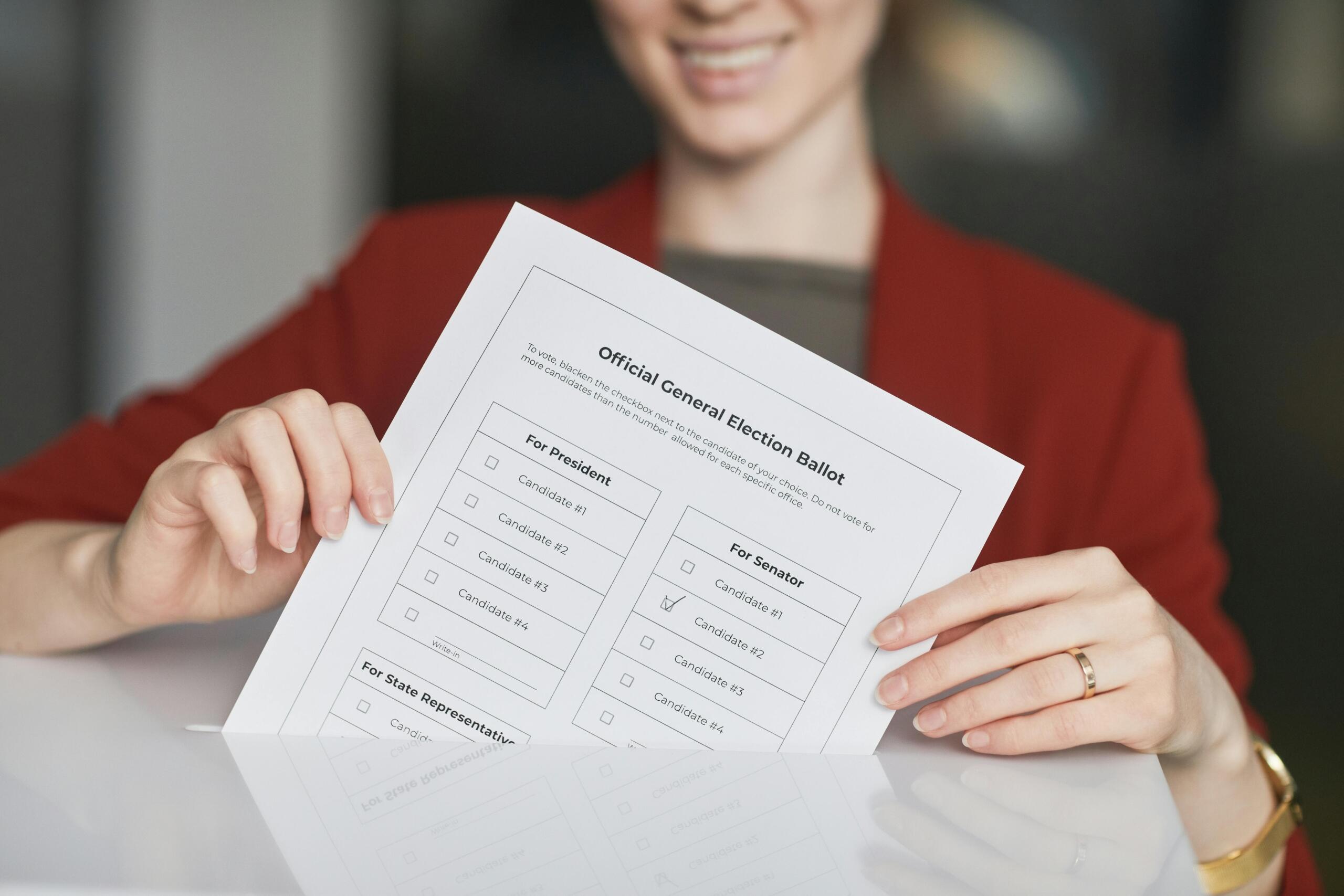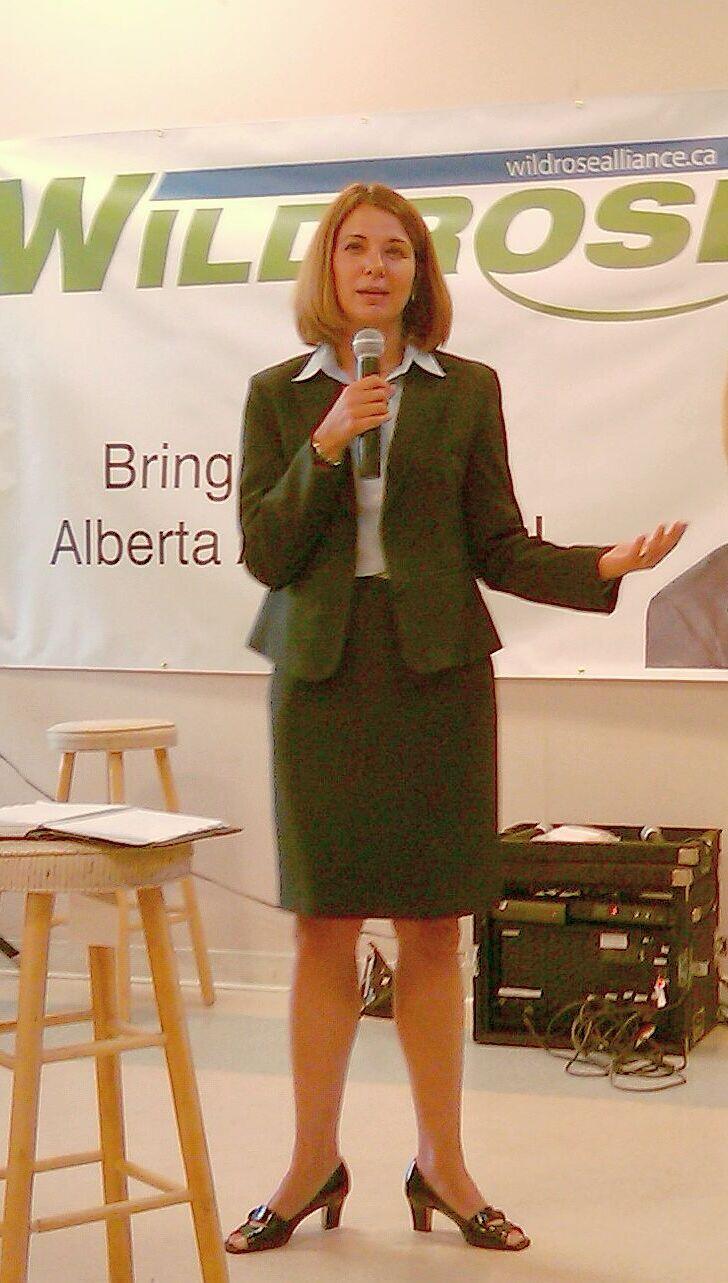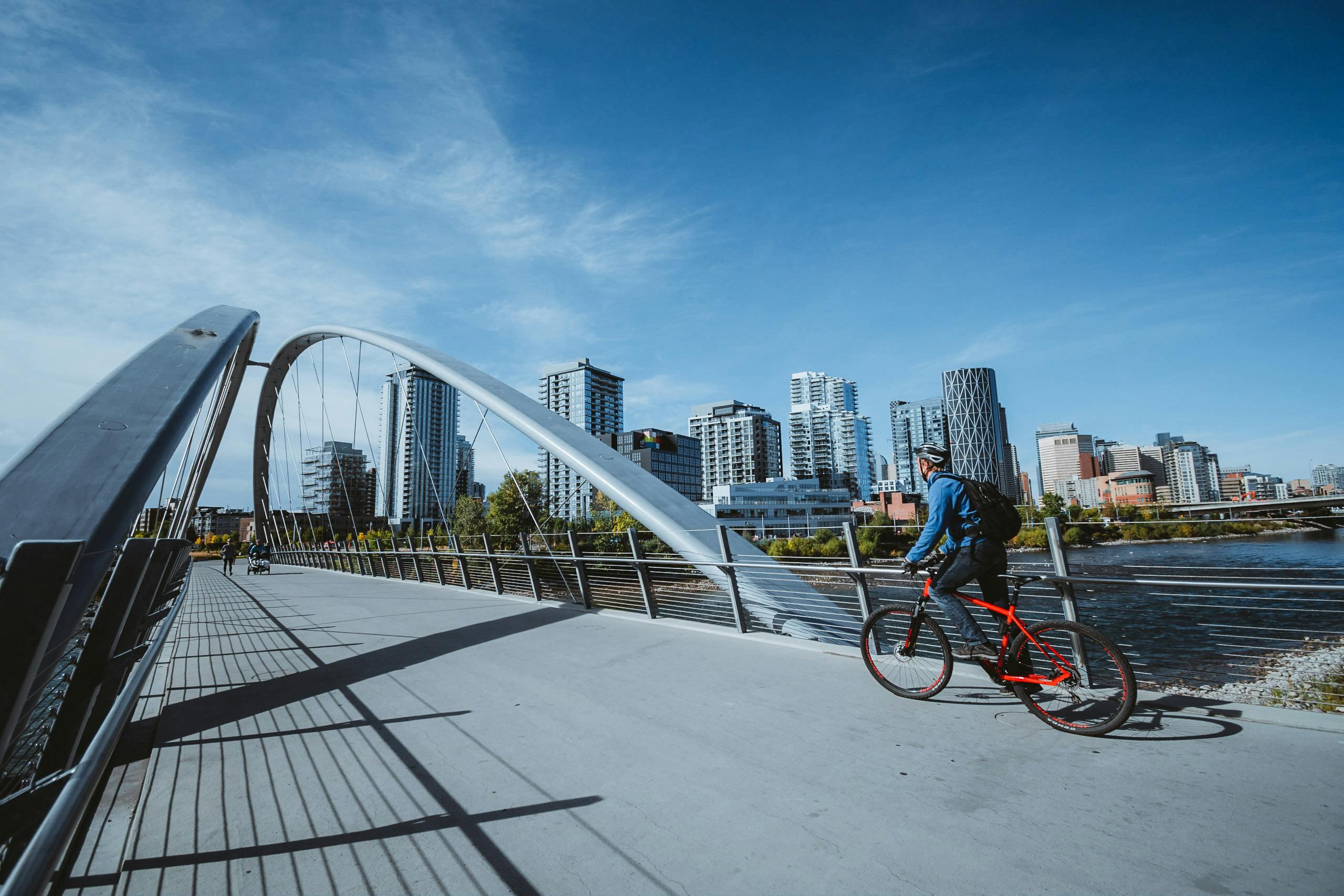Important Information about the Alberta Municipal Election
- A municipal election is scheduled to take place in Alberta on October 20, 2025.
- Housing, infrastructure, healthcare, and education are some of the issues that will be at the centre of the election.
- Though municipal candidates run for election independently, there is a strong partisan element due to candidates' involvement and affiliation with the main political parties.
- Be sure to keep an eye out for voter mailouts and campaign events.
Alberta is known to be a hot spot for political debate, and nearly every election will spark discussion on national issues like trade relations, immigration, or more local concerns like healthcare and education. Alberta has a long and complicated political history, with parties such as the Progressive Conservative Party, the United Conservative Party (UCP), the New Democratic Party (NDP Alberta), the Alberta Liberal Party, and the Alberta Party all impacting governance at different times.
Whether it is a high-profile general election or province-wide municipal elections, you can be sure that Canadians across the country will be eagerly watching the news to find out what will happen next. This article is all about the Alberta municipal election taking place on October 20, 2025, when voters across the province will elect new councils and school boards.
This election will include major cities like Calgary, Edmonton, Red Deer, Lethbridge, and Medicine Hat, as well as small towns and rural municipal districts.
Ready to learn more about Alberta's municipal elections? Let's get a strong handle on the basics of elections: if you are an Albertan planning to cast your vote soon, keep reading to find out about all the core issues at stake in this election.

The 2025 Québec municipal election follows the province’s four-year cycle, always scheduled for the first Sunday of November.
The 2025 Alberta Municipal Election: What’s at Stake?
The Alberta municipal election 2025 is an opportunity to reset local leadership for another four years. As a voter, you can make your voice heard on core issues, including:
- Housing affordability in Calgary and Edmonton.
- Infrastructure renewal in mid-sized cities like Medicine Hat, Red Deer, and Lethbridge.
- Rural services in small towns and counties, such as road maintenance and agricultural support.
- School governance, where elected trustees often face debates over curriculum, inclusion, and funding.
While voters don’t cast a ballot for the UCP, NDP, or Liberal Party directly in municipal elections, many will bring their preferences from provincial elections into these races.
In the Newfoundland and Labrador general election, Premier John Hogan will lead the Liberal Party into the campaign after taking over from Andrew Furey earlier in 2025.

Understanding Alberta's Electoral System
Let's learn more about the Election Act and its provisions regarding election scheduling in Alberta.
Election Act and Fixed Election Dates
The Election Act’s provisions on election scheduling are designed to ensure clarity, fairness, and consistency in how and when elections are called. It also sets deadlines for candidate nominations, voter registration, and advance polling, so that all stakeholders have a clear framework to follow.
In Alberta, the Local Authorities Election Act and the Election Act (which governs provincial elections) both contain timelines and rules that establish when elections must occur.
The Election Act specifies that provincial general elections are held every four years on a fixed schedule, typically on the last Monday in May, unless an earlier election is required because the government loses confidence in the Legislative Assembly. Municipal elections, under the Local Authorities Election Act, are set for the third Monday of October every four years, ensuring province-wide synchronization.
What Triggers a By-Election in Alberta?
In Alberta, by-elections are held to fill vacancies that occur in the Legislative Assembly between general elections. For example, if an MLA resigns, passes away, or is otherwise unable to continue, the Election Act empowers Elections Alberta to conduct a by-election in that riding. By-elections, unlike general and municipal elections, are not scheduled on a fixed date.
The August 2025 by-election in the riding of Battle River-Crowfoot caught national headlines as the Conservative Party sought to elect its leader, Pierre Pollievre, who failed to hold his seat in his original riding in Carleton (Ontario).
The results of the Yukon General election will shape the territory’s political direction for the next several years.

Voting Process and Eligibility - Criteria for voter eligibility in Alberta
What do you need to do to vote in the upcoming Alberta municipal elections? Here is a step-by-step guide.
Confirm Eligibility
Are you eligible to vote in the Municipal Election?
You must be: a Canadian citizen, at least 18 years old on election day, and a resident of the municipality.
Register to Vote
Municipal (Local Authorities Election Act):
Many municipalities allow you to register at the polling place on election day. Some maintain a local voter list that you can confirm or update ahead of time.
Bring Identification
Have Your ID Ready
You have two options. One piece of government-issued photo ID with your name and current address (e.g., Alberta driver’s licence). Alternatively, you may present two pieces of ID (e.g., utility bill, bank statement, student card) that together confirm your name and address. If you don’t have ID, a registered elector from your district can vouch for you after signing a declaration.
Election Day
Head to the Polls on Election Day
Polls open (usually 9 a.m. to 8 p.m., but check local notices). Go to your assigned polling station with ID. Register if you haven’t already, receive your ballot, and vote privately.
Cast Your Ballot
Know What to Expect
At the polling station, show ID and confirm your registration, receive a paper ballot, go behind a privacy screen, mark your “X,” and fold the ballot, and deposit it in the ballot box.
Wait for the Results
After the Election
Ballots are counted immediately. Preliminary results are announced the same night; official results are confirmed in the following days.
Key Political Parties and Leaders

Alberta is home to hundreds of municipalities that elect thousands of representatives. For example, the city of Calgary alone elects a mayor and 14 councillors, while Medicine Hat voters choose a mayor and 8 councillors. These elected officials are independent, non-partisan candidates on paper, but many bring with them histories of involvement in organizations such as the UCP, the NDP, the Liberal Party, or the former Alberta Progressive Conservatives party.
The United Conservative Party, led provincially by Premier Danielle Smith, dominates the legislature today, while the NDP Alberta, a democratic party with strong progressive roots, remains the Official Opposition. These provincial dynamics reverberate into municipal politics. For example, in Calgary local debates about zoning and housing echo the conservative vs. liberal divide; in Medicine Hat, questions of economic diversification and energy policy sometimes mirror UCP vs. NDP debates.
To understand why municipal politics in Alberta feel partisan, it helps to remember the role of registered political parties. Although these parties don’t officially nominate local councillors, their members, organizers, and volunteers often play roles in municipal campaigns, giving a partisan edge to "independent" elections.
In Canada, a general election is triggered when the Governor General dissolves Parliament on the advice of the prime minister.
United Conservative Party (UCP)
The United Conservative Party was formed in 2017 after the merger of Alberta’s two major right-leaning movements: the Progressive Conservative Association of Alberta and the Wildrose Party. The union of these parties ended years of vote-splitting on the right.
The UCP focuses on fiscal conservatism, lowering taxes, expanding resource development (particularly oil and gas), reducing red tape for businesses, and pushing back against federal climate policies. They also emphasize law-and-order policies and expanded parental choice in education.
Premier Danielle Smith became leader in October 2022. She succeeded Jason Kenney and has since steered the party toward a blend of libertarian and populist conservatism, often stressing Alberta’s autonomy within Confederation.
New Democratic Party (NDP)
The Alberta NDP is deeply connected to the broader Canadian social democratic movement. For decades, it held only a handful of seats in the legislature. In 2015, under Rachel Notley, the party made history by winning a majority government over the Progressive Conservative party.
The NDP emphasizes health care funding, public education, environmental protection, and workers’ rights. They have also advanced policies on climate change, including carbon pricing, and support diversifying Alberta’s economy beyond oil and gas.
The Alberta NDP is currently led by Naheed Nenshi, former mayor of Calgary, who took over from Rachel Notley in June 2024. Nenshi is positioning the NDP as a progressive but pragmatic alternative to the UCP.
The Alberta Liberal Party
The Alberta Liberal Party is one of the oldest political organizations in the province, governing Alberta in its early years (1905–1921). However, it has been marginalized since the rise of the Progressive Conservatives in 1971 and more recently by the NDP.
Liberals traditionally advocate for centrist, socially progressive policies, supporting strong public services, human rights, and balanced economic management.
The party has struggled with leadership stability; as of 2025, the Alberta Liberal Party is led by John Roggeveen, who has worked to keep the party registered and relevant despite having no seats in the legislature.
Other Political Parties
The Independence Party and other groups, while not always represented in councils, sometimes endorse municipal voices who call for more autonomy or outright Alberta independence. These groups generally stress provincial sovereignty, conservative values, low taxes, and resource control. Some advocate for leaving Confederation, while others push for constitutional reform.
| Party | Seats Won | Seat Change | Popular Vote | Vote Share | Notes |
|---|---|---|---|---|---|
| United Conservative Party (UCP) | 49 | -11 | 928,900 | 52.63% | Retained government but with reduced majority |
| Alberta NDP | 38 | +15 | 777,404 | 44.05% | Made substantial gains and solidified opposition status |
| Other parties & independents (combined) | 0 | 0 | 58,017 | 3.32% | Did not win seats; minor share of vote |

Upcoming Municipal Elections
To recap: the next municipal election in Alberta is on October 20, 2025. Beyond that, the schedule follows the four-year cycle, so the next will then be in 2029. The next general election will take place in 2027.
2023 Alberta General Election
Curious to know what happened in the last general election?
The 2023 Alberta general election was held on May 29, 2023, under the province’s new fixed-date election rules. The result saw the UCP, led by Danielle Smith, re-elected to government, though with a reduced majority.
The UCP secured 49 seats in the 87-seat Legislative Assembly, maintaining control but with fewer seats than before. The Alberta New Democratic Party (NDP), under former premier Rachel Notley, gained momentum and won 38 seats, strengthening its position as the Official Opposition. Smaller parties such as the Alberta Party, Alberta Liberals, and independent candidates did not secure representation, highlighting Alberta’s trend toward a two-party contest.
Voter engagement was moderate, with 1,777,315 electors casting ballots, resulting in a turnout rate of around 60%. While this was slightly lower than in some past elections, it still represented a strong level of participation given the political polarization of the campaign.

How to Stay Informed About Alberta Elections
Official Resources
To stay informed about Alberta elections, get your information from a mix of official and community-based resources. The first stop should always be Elections Alberta’s official website, which provides up-to-date details on election dates, voter registration, candidate lists, and identification requirements.
Municipal election information is also available directly through local city or town websites. Trusted media outlets like CBC Alberta, Global News, and the Edmonton Journal regularly publish election coverage, debates, and analysis to help contextualize the issues. Following official social media accounts from Elections Alberta and municipalities also ensures that voters receive real-time updates on voting and results.
News Outlets and Analysis
Here is a quick roundup of news outlets where you can stay in the loop about Alberta Politics.
- AlbertaPolitics.ca: A province-specific political blog known for thoughtful and well-researched commentary on Alberta’s affairs. It often provides analysis, background context, and links to original sources.
- The Sprawl (Calgary): This independent outlet focuses on Calgary and Alberta political stories, often digging into local policy issues, municipal politics, and communities beyond the usual headline coverage.
- Alberta Views: A regional magazine covering political, social, and cultural topics in Alberta. It publishes features, essays, and interviews that go deeper than daily headlines.
- CBC Alberta / CBC Edmonton / CBC Calgary: public broadcaster with provincial and national reach.
- Global News Alberta / Global Calgary: well known network news produced at local and national levels.
- CTV Edmonton / CTV Calgary: Another national network with local connections.
Looking Ahead to the Alberta Municipal Elections
The 2025 Alberta municipal election will bring fresh debates and fresh leadership. Whether you are in Calgary, Medicine Hat, Edmonton, or rural Alberta, you should pay attention, ask hard questions, and above all, show up to vote!
Summarize with AI:















